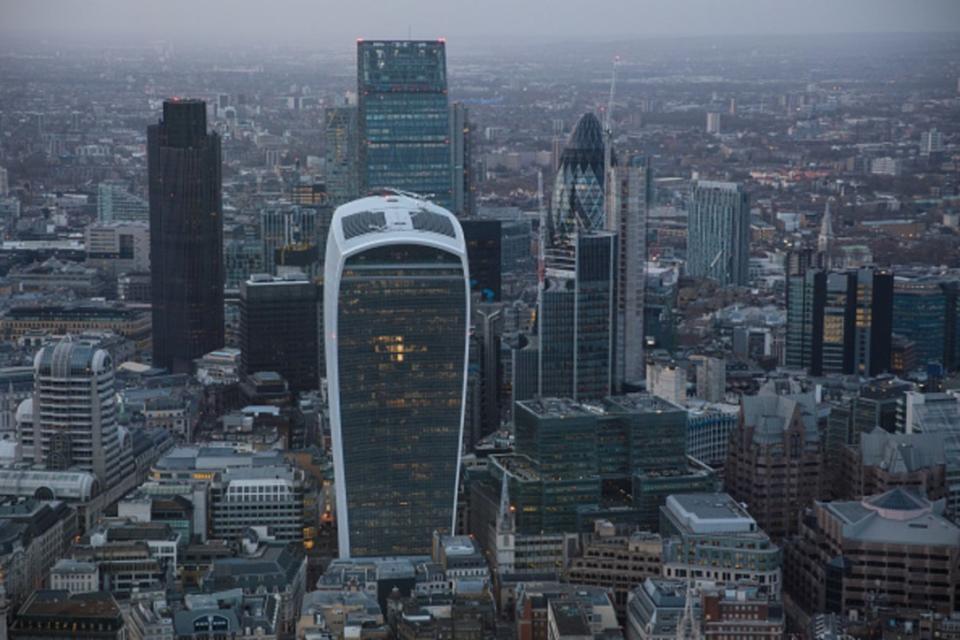UK households would be £4,300 richer per year if pay growth had matched Germany and the US

Households would be £4,300 a year better off if pay growth in the UK had matched average wages in Germany and the US since 2010, research from the Resolution Foundation shows.
Real average wages are only £16 a week higher than they were at the time of the 2010 election, compared to growth of £145 between 1996 and 2010.
Hannah Slaughter, senior economist at the Resolution Foundation, said the UK has suffered from a “prolonged pay depression”.
While pay growth since 2010 has been more or less stagnant, the labour market performed better in terms of job creation until the pandemic.
The UK’s employment rate increased from 70.3 per cent at the start of 2010 to reach a record 76.2 per cent on the eve of the pandemic. Since then, however, it has fallen back to 74.3 per cent.
This makes the UK one of just six OECD economies that have yet to return to their pre-pandemic employment rate. The others are Latvia, Iceland, Chile, Colombia and South Africa.
“Britain’s decade-long jobs boom during the 2010s has gone bust, with the UK one of only a handful of countries where employment has yet to return to pre-pandemic levels,” Slaughter said.
The biggest contributor to the fall in employment since the pandemic has been the rise of long-term health conditions. An extra 800,000 people are out of the workforce due to health conditions compared to pre-pandemic.
Both major parties have put boosting employment at the centre of their pitch to generate economic growth, although neither party has given much detail on their preferred approach.
The Conservatives hope that a combination of tax cuts and tighter conditions on benefits will cajole more people back into the workforce.
Labour meanwhile have said they will focus on providing health and skills support with the aim of lifting the employment rate to 80 per cent, a target which the Resolution Foundation notes is “extremely ambitious”.
Aside from proposals to get more people into work, Labour also has plans to introduce a “comprehensive overhaul” of employment rights, a pledge which the Conservatives have not matched.
Labour wants to introduce ‘day one’ rights against unfair dismissal, to extend the Statutory Sick Pay, and give workers a right to a contract that reflects hours that people actually work.
“Voters face a choice between a party pledging business as usual on labour market rights, or one proposing the biggest overhaul in a generation,” the Resolution Foundation said.

 Yahoo Finance
Yahoo Finance 